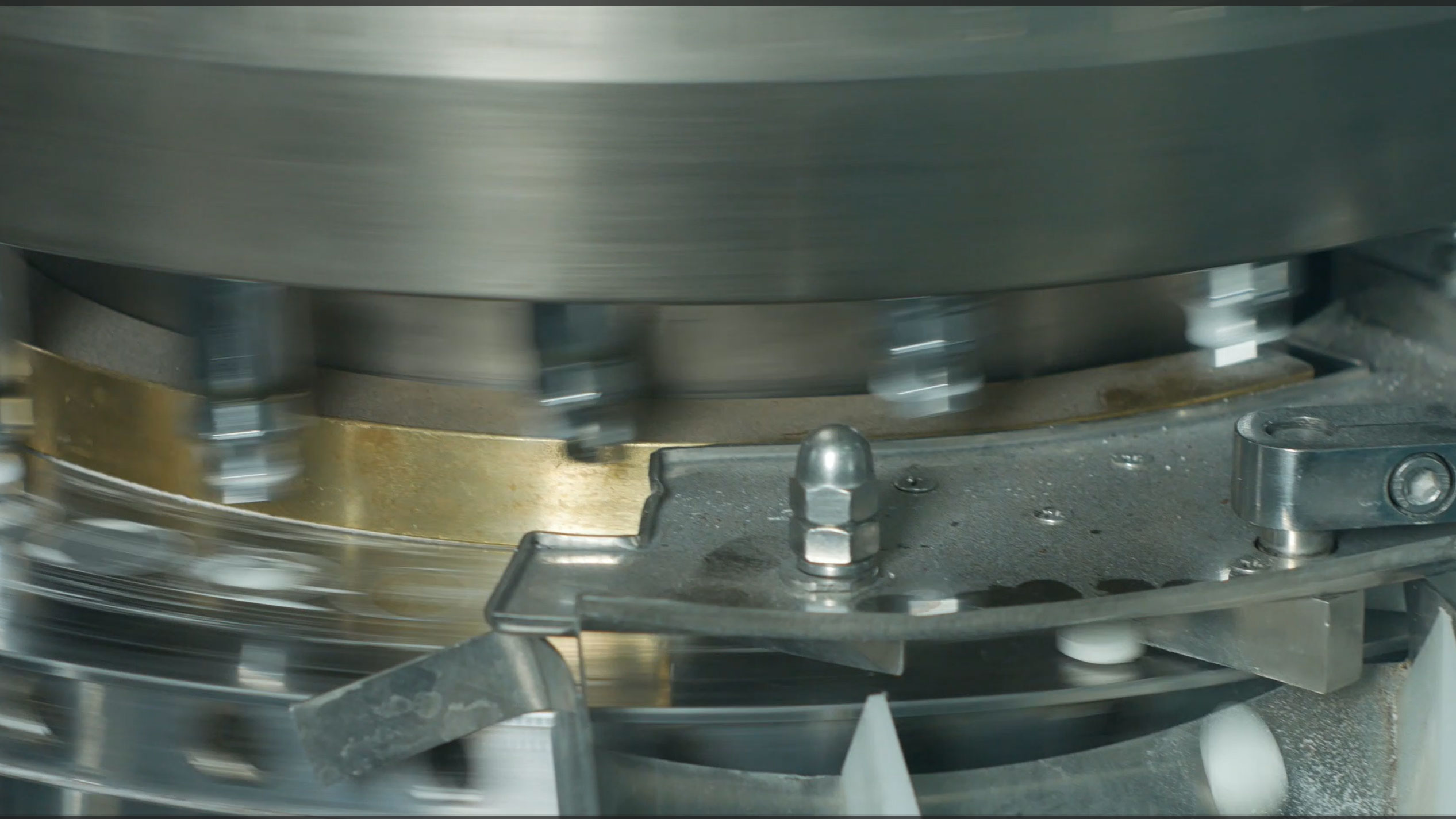
26 Jun How many types of nutraceutical tablets are there ?
Nutraceutical tablets
Nutraceutical tablets are a type of dietary supplements that can be found in many different varieties. When it comes to dietary supplement, most people think of softgels or capsules. However, nutraceutical tablets come in all shapes and sizes! In this blog post, we will discuss the different types of nutraceutical tablets and their uses. We will also provide a few tips on how to choose the right tablet for your needs. So, whether you are looking for an immune status boost or a hair growth supplement for healthier hair growth, there is sure to be a tablet that fits your needs!
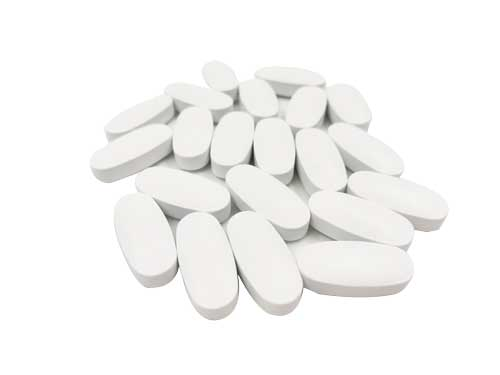
1. There are many different types of nutraceutical and pharmaceutical tablets, which can be classified by their ingredients and purpose
Normally the tablets of nutraceutical were divided into these types : buccal tablet, Oral regular tablets, Chewable tablets, Sublingual tablets, Oral patches tablets, Enteric-coated tablets, Disperse tablets, Effervescent tablets.
(a) Buccal tablet
imagine finding a dietary supplement that you can take without having to swallow a pill! Buccal tablets are a type of nutraceutical tablet that can be placed directly against the gums and allowed to dissolve.
Referring to the slowly dissolving tablets contained in the oral cavity, which can produce a lasting effect on the mouth and pharynx, and is used for local anti-inflammatory, disinfection, etc., it is widely welcomed by users because of its excellent taste and convenient way to take it.
(b) Oral regular tablets
Refers to the drug that is mixed with excipients and pressed into tablets, and generally swallowed with water. This is the most common form of tablet. It is made by compressing or molding a drug substance and excipients. The excipients used in oral tablets include binders, fillers, disintegrants, lubricants, glidants and colorants. The binder is used to hold the tablet together, while the filler helps to increase the bulk of the tablet. The disintegrant helps the tablet break down into smaller pieces, while the lubricant prevents sticking and clumping. The glidant ensures that ingredients are evenly distributed throughout the tablet, while the colorant gives it a desired appearance.
(c) Chewable tablets
Chewable tablets are a type of nutraceutical tablet that can be chewed or dissolved in the mouth. They are often used to deliver vitamins, minerals, and other nutrients to the body. They are also a popular choice for children, who may have difficulty swallowing regular tablets.
When choosing a chewable tablet, it is important to consider the active ingredients, as well as the chewability factor. Some tablets may be too hard to chew, while others may not provide enough of the active ingredient for your needs. Chewable tablets are generally the same size as ordinary tablets, and can be made into different shapes of special-shaped tablets as needed.
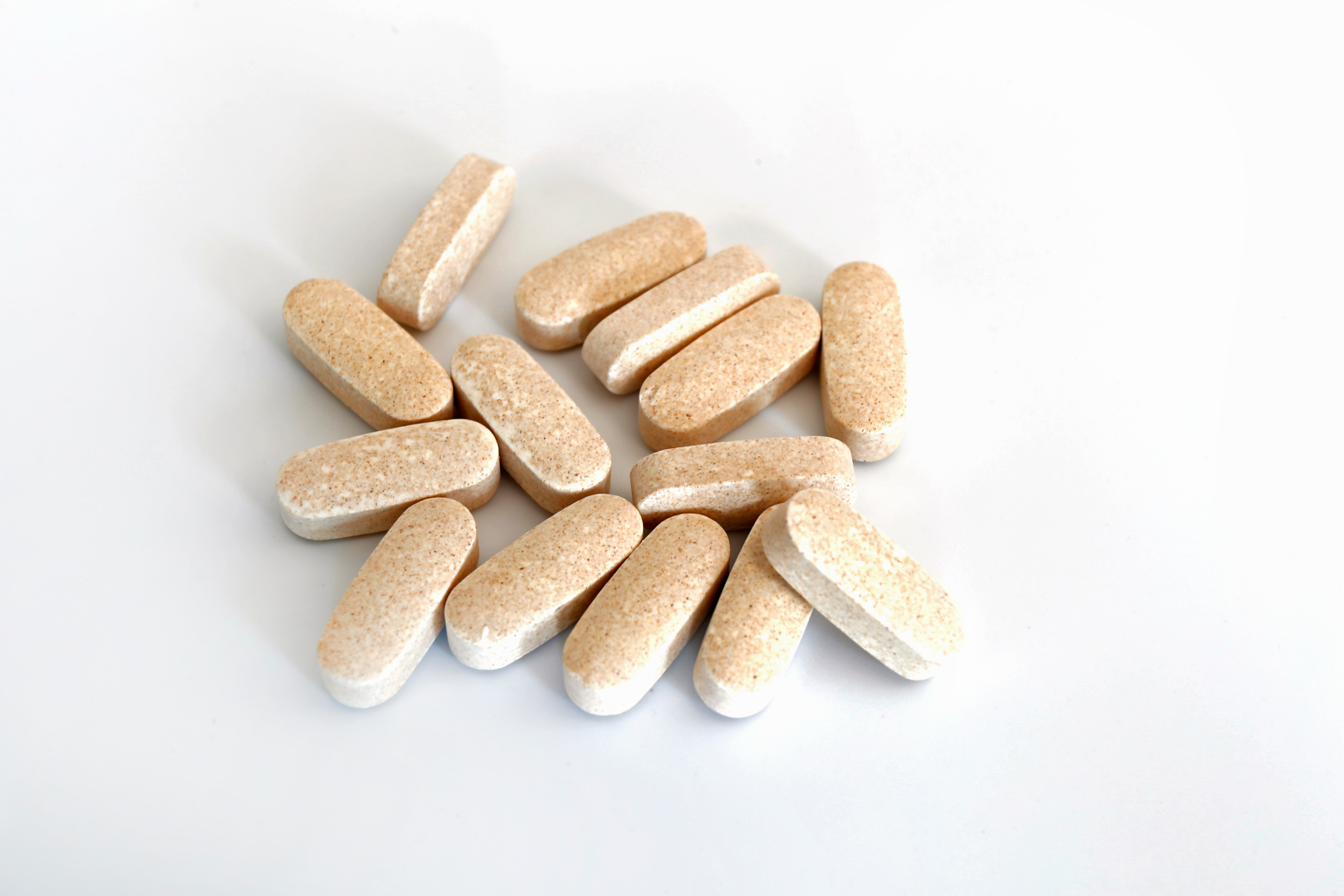
(d) Sublingual tablets
Sublingual tablets are a type of nutraceutical tablet that dissolves under the tongue. They are often used to deliver vitamins, minerals, and other nutrients to the body. They are also a popular choice for people who have difficulty swallowing regular tablets.
Sublingual tablets are placed under the tongue and allowed to dissolve. They are then swallowed with saliva. The advantage of this method is that it allows the active ingredient to be absorbed directly into the bloodstream. This allows for a quicker and more efficient delivery of the nutrient.
(e) Oral patches
Oral patches are a type of nutraceutical tablet that refers to an immediate-release or sustained-release formulation that adheres to the oral cavity and is absorbed by the mucous membrane. Oral patches have a local or systemic effect.
(f) Enteric-coated tablets
Enteric-coated tablets are a type of nutraceutical tablet that is coated with a material that prevents it from dissolving in the stomach, which is usually wrapped in a layer of enteric coating on the outside of ordinary tablets.
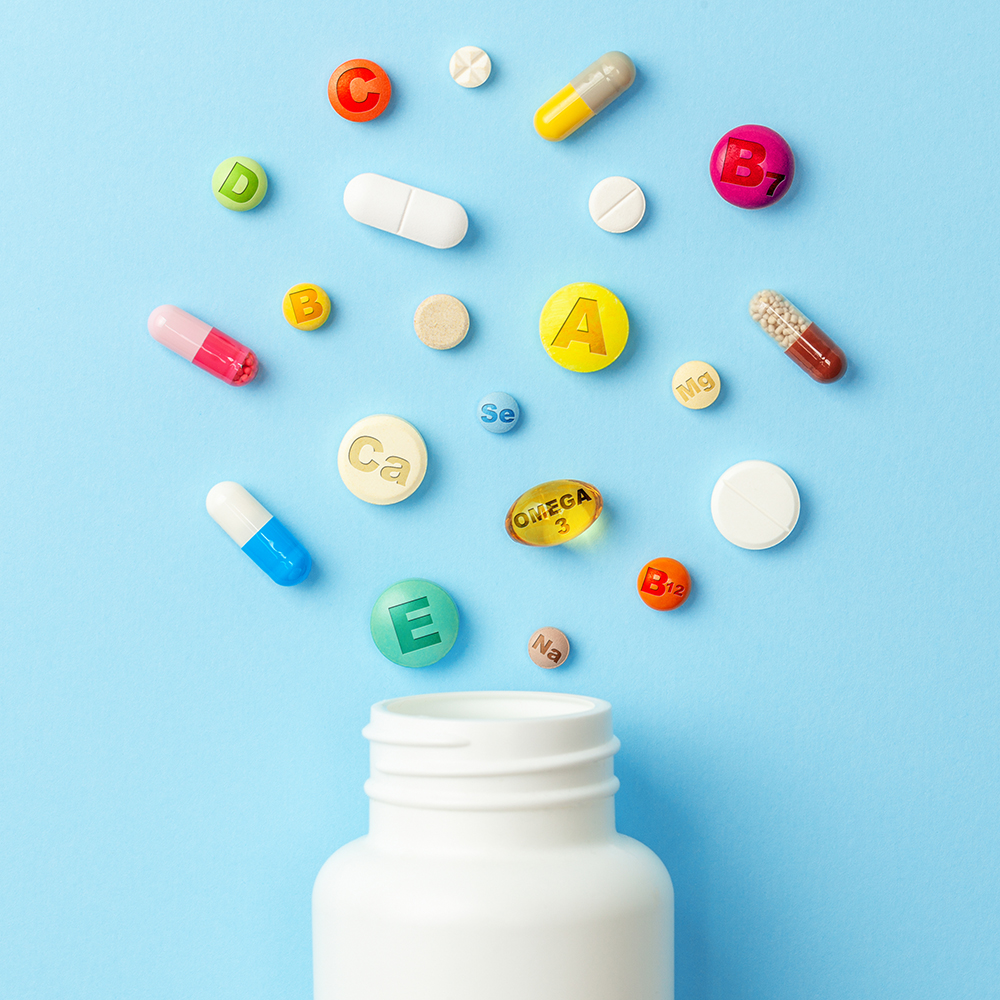
Enteric-coated tablets are designed to dissolve in the intestines, rather than the stomach. This is because the stomach acid can break down the active ingredient before it has a chance to be absorbed into the bloodstream. Enteric-coated tablets are generally larger than regular tablets, and they have a smooth, glossy surface.
(g) Disperse tablets
Refers to tablets that can quickly disintegrate and disperse evenly in water. Compared with ordinary tablets, capsules and other solid preparations, dispersible tablets have the characteristics of convenient administration, rapid disintegration, rapid absorption and high bioavailability.
Disperse tablets are placed in a glass of water and allowed to dissolve. The advantage of this method is that it allows the active ingredient to be evenly distributed throughout the body. This allows for a more efficient delivery of the nutrient.
(h)Effervescent tablets
Compared to normal tablets, effervescent tablets are a relatively recent medication dosage form. They differ from traditional tablets in various ways. Effervescent tablets use organic acids and alkaline carbonate reactions to do effervescent disintegration agent, placed in water, immediately effervescent reaction, generating and releasing a large amount of carbon dioxide gas. For example, boiling, so that the active ingredient is rapidly dissolved in water and enters the bloodstream to achieve the purpose of treatment.
Effervescent tablets are put in a glass of water and allowed to dissolve. This technique has the advantage of putting the active component throughout the body uniformly. This improves the nutrient’s delivery efficiency.

2. Common Types of Nutraceutical products in the form of Tablets
(a)Vitamin C tablets or effervescent tablets.
Vitamin c effervescent tablets are very common to see in nutritional supplements, it is a tablet containing a large amount of vitamin C, which can enhance the body’s resistance and are used to prevent and treat various acute and chronic infectious diseases or other diseases. It is used for the adjuvant treatment of post-illness recovery period, wound healing period and allergic diseases. For the prevention and treatment of scurvy.
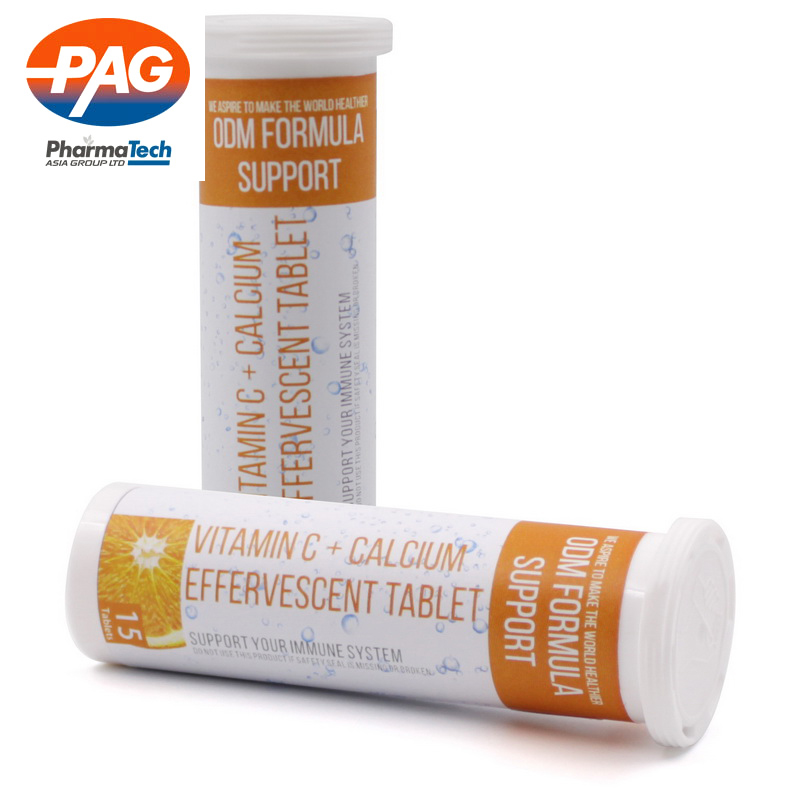
(b)Apple cider vinegar tablets
Apple cider vinegar are apple extract which based on high-quality concentrated apple juice as raw material, fermented into apple alcohol, and then added to acetic acid strains, metabolized apple alcohol into apple cider vinegar with modern high-tech technology. Apple cider vinegar tablets can help the digestion and absorption of food, control and regulate weight, and make the body more beautiful.
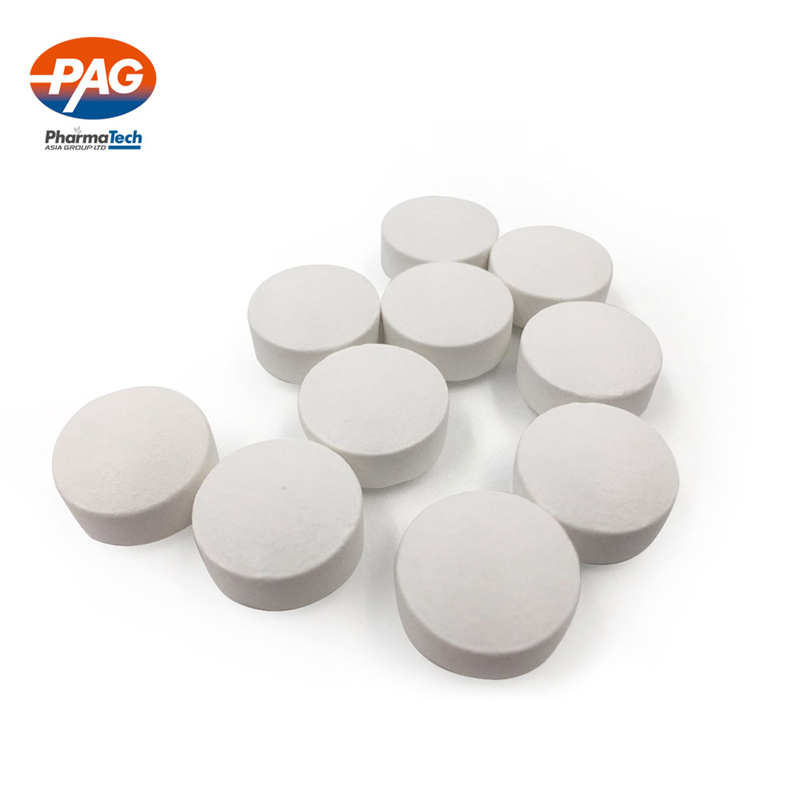
(c)Folic Acid Tablets
Folic acid tablets are a water-soluble vitamin, supplementation of folic acid tablets can prevent anemia caused by folic acid deficiency, for pregnant women can also help prevent folate deficiency, resulting in fetal neural tube defects.
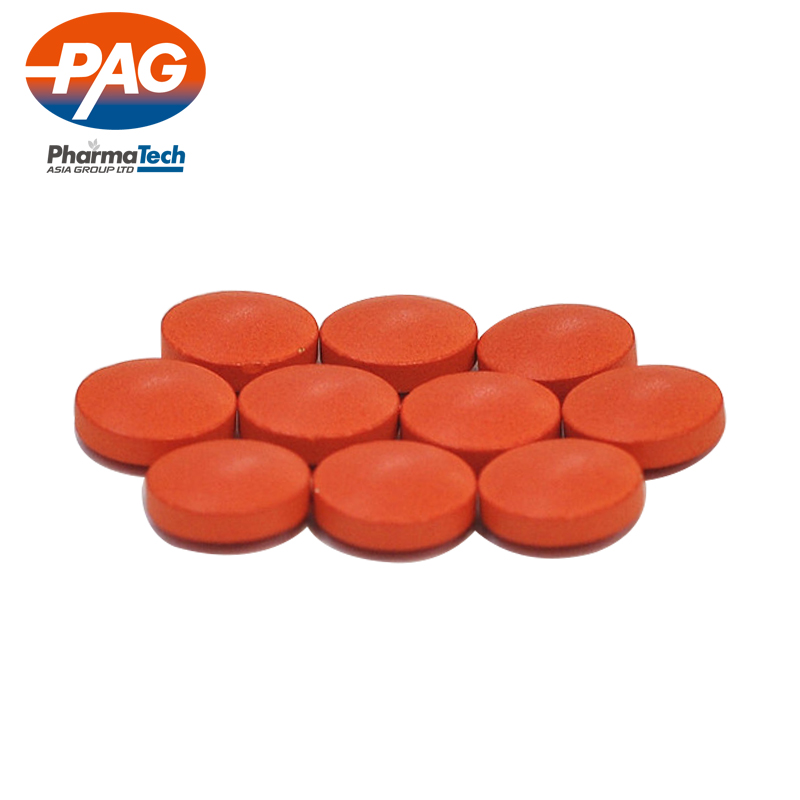
(d) Multivitamin Tablets
Multivitamin tablets generally have the effect of enhancing the body’s immunity and supplementing nutrition. Multivitamin tablets have dietary components of multivitamin and mineral complexes and are usually a complementary food supplements that provides the body with the nutrients it needs.
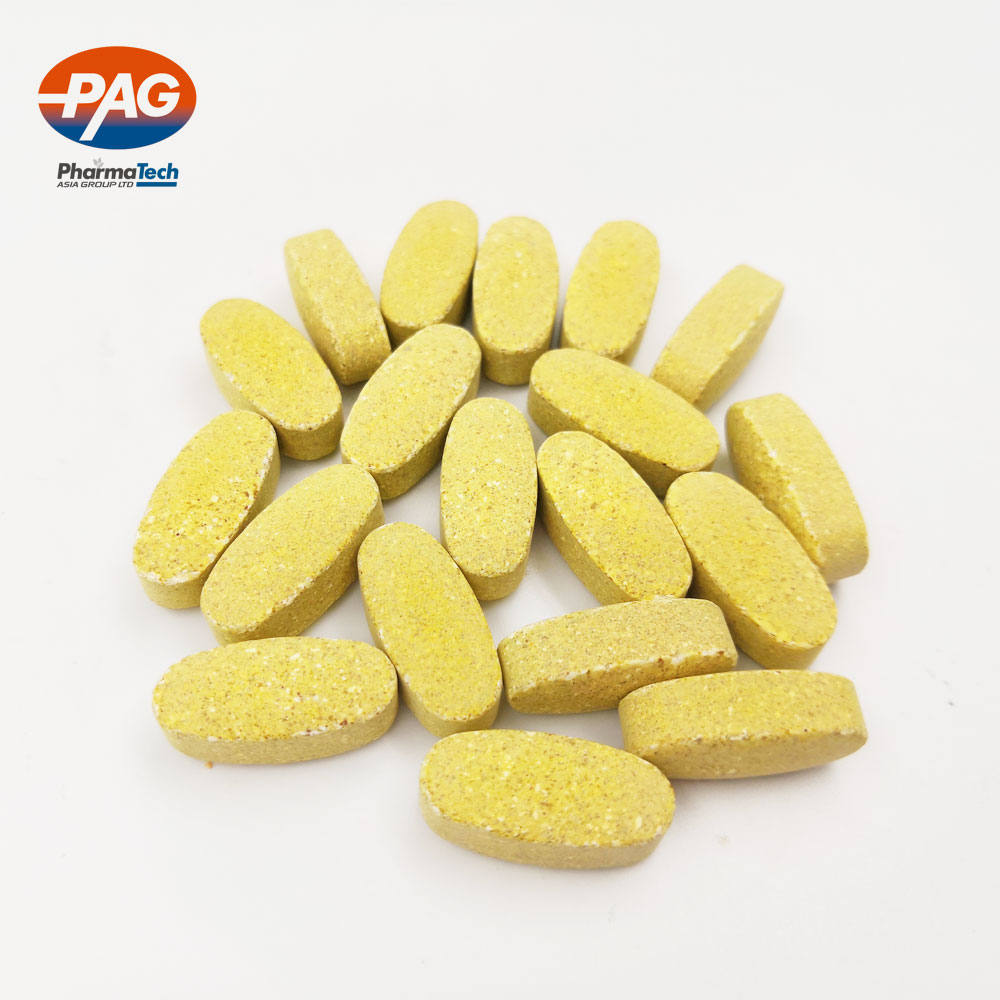
In conclusion, nutraceutical tablets come in a variety of shapes and sizes to fit your needs, they are good for someone with chronic diseases or prevent chronic diseases. However, In the industries of pharmaceuticals, tablets are used for some life threatening diseases like cardiovascular diseases. Whether you need a chewable tablet for children, a sublingual tablet for absorption directly into the bloodstream, or an effervescent tablet for rapid dissolution, there is a nutraceutical tablet that will work for you. Always consult with a professional before starting any new supplement regimen.
